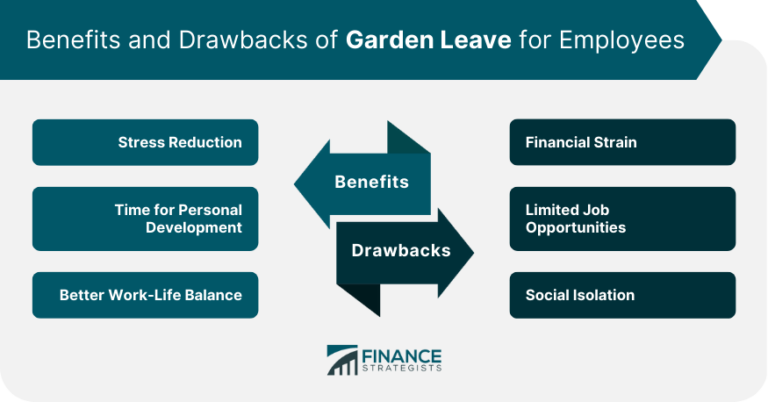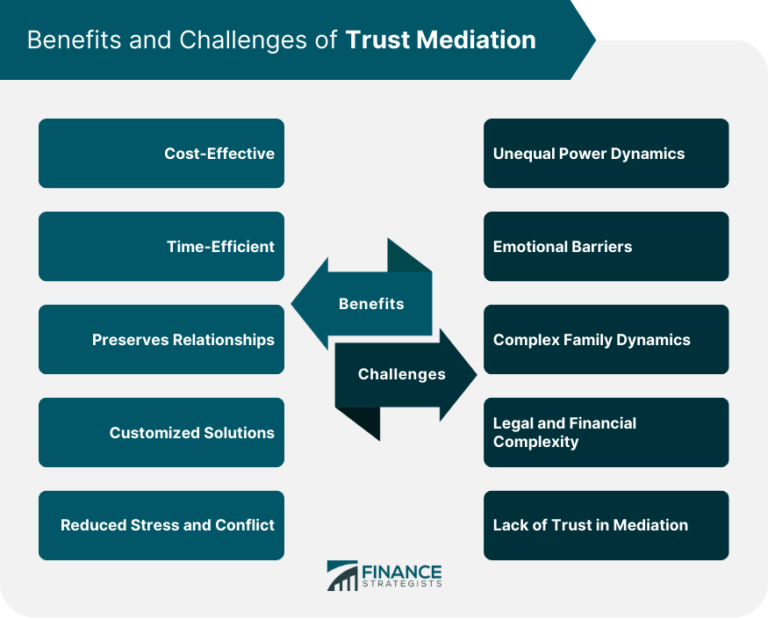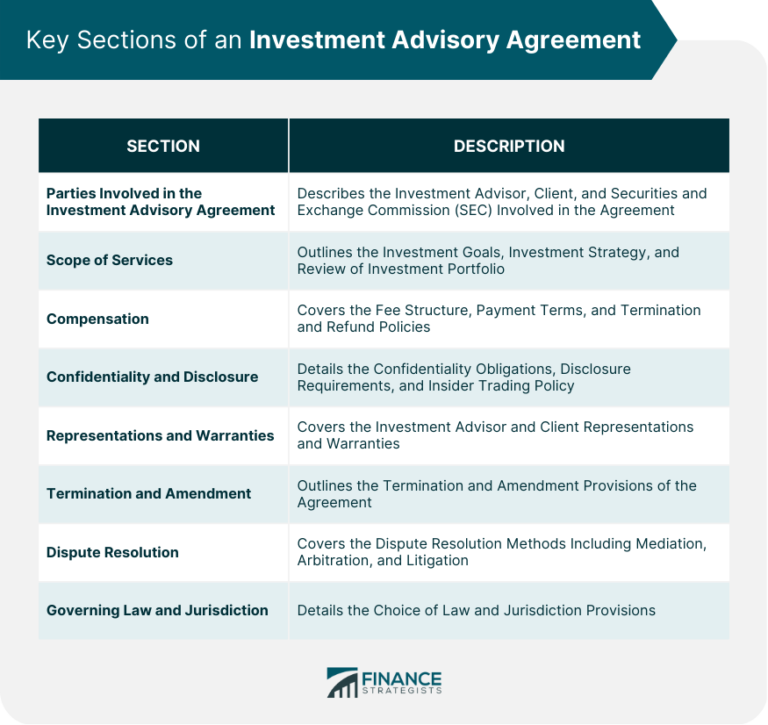Introduction
Why choose to be a solo practitioner
There are several reasons why one might choose to be a solo practitioner in the legal profession. Firstly, as a solo practitioner, you have complete control over your practice and can make all the decisions independently. This autonomy allows you to shape your firm’s direction and focus on the areas of law that you are most passionate about. Additionally, being a solo practitioner offers flexibility in terms of work-life balance. You have the freedom to set your own hours and prioritize your personal commitments. Moreover, as a solo practitioner, you can develop closer relationships with your clients, providing them with personalized attention and building trust. This can lead to a strong reputation and a loyal client base. Overall, choosing to be a solo practitioner can provide a fulfilling and rewarding career path for those who value independence, flexibility, and personal connections with clients.
Benefits of starting a law firm from scratch
Starting a law firm from scratch offers numerous benefits for solo practitioners. One of the key advantages is the ability to shape the firm’s culture and values right from the beginning. By starting fresh, solo practitioners have the opportunity to create a work environment that aligns with their vision and goals. Additionally, building a law firm from scratch allows solo practitioners to have complete control over the decision-making process. They can choose the types of cases they want to handle, the clients they want to work with, and the strategies they want to implement. This level of autonomy and flexibility can lead to greater job satisfaction and a sense of fulfillment. Furthermore, starting a law firm from scratch provides solo practitioners with the opportunity to build their own brand and reputation. They can establish themselves as experts in their field and differentiate their firm from competitors. Overall, starting a law firm from scratch empowers solo practitioners to create a successful and fulfilling legal practice tailored to their unique needs and aspirations.
Challenges of being a solo practitioner
Being a solo practitioner comes with its own set of challenges. One of the main challenges is the lack of a support system. Unlike larger law firms, solo practitioners don’t have a team of colleagues to rely on for advice or assistance. They have to handle all aspects of their practice on their own, from client management to administrative tasks. This can be overwhelming and time-consuming. Another challenge is the limited resources available to solo practitioners. They often have to work with a tight budget and may not have access to the same level of resources and technology as larger firms. Despite these challenges, many solo practitioners find ways to overcome them and build successful law firms from scratch.
Setting Up Your Law Firm

Choosing a legal structure
Choosing the right legal structure is a crucial decision when starting a law firm from scratch. The legal structure you choose will have a significant impact on your firm’s operations, taxes, and liability. There are several options to consider, such as sole proprietorship, partnership, limited liability company (LLC), and professional corporation (PC). Each structure has its own advantages and disadvantages, so it’s important to carefully evaluate your specific needs and goals. Factors to consider include the number of owners, personal liability, tax obligations, and flexibility in management. By selecting the most suitable legal structure, you can lay a solid foundation for your solo law practice and position yourself for long-term success.
Registering your law firm
Registering your law firm is a crucial step in building a successful solo practice. It is important to ensure that your firm is legally recognized and compliant with all necessary regulations. To register your law firm, you will need to follow the specific procedures and requirements set by your jurisdiction. This may include obtaining the necessary licenses, permits, and certifications. Additionally, you may need to choose a business structure, such as a sole proprietorship or a limited liability company, and register your firm’s name. By completing the registration process, you establish your firm as a legitimate entity, which can enhance your credibility and attract potential clients. It is advisable to seek professional guidance from an attorney or legal expert to navigate the registration process smoothly and avoid any legal complications.
Setting up your office space
Setting up your office space is a crucial step in building a successful law firm from scratch. The right office environment can greatly impact your productivity, professionalism, and overall success. When setting up your office, consider factors such as location, layout, and amenities. Choose a location that is convenient for both you and your clients, with easy access to transportation and parking. Design a layout that promotes efficiency and organization, with designated areas for client meetings, research, and administrative tasks. Additionally, invest in quality furniture, equipment, and technology to create a professional and comfortable workspace. By carefully planning and setting up your office space, you can create a positive and productive environment that sets the foundation for your solo law practice to thrive.
Building Your Brand
Defining your target market
Defining your target market is a crucial step in building a successful law firm from scratch. By clearly identifying who your ideal clients are, you can tailor your services and marketing efforts to meet their specific needs. This not only helps you attract the right clients, but also allows you to differentiate yourself from the competition. When defining your target market, consider factors such as demographics, industry, location, and legal needs. Conducting market research and analyzing your competitors can also provide valuable insights into the needs and preferences of your target market. By understanding your target market, you can develop effective strategies to reach and engage potential clients, ultimately increasing your chances of success as a solo practitioner.
Creating a unique value proposition
Creating a unique value proposition is crucial for the success of any solo practitioner looking to build a successful law firm from scratch. In a competitive market, it is essential to differentiate oneself from other practitioners and showcase the unique benefits and advantages that clients can expect when choosing your firm. By clearly defining your firm’s specialization, target audience, and the specific value you bring to the table, you can attract the right clients and establish a strong reputation in the legal industry. A well-crafted value proposition not only helps you stand out from the crowd but also serves as a guiding principle for your firm’s growth and development. It sets the foundation for your marketing strategies, client acquisition efforts, and overall business approach. Therefore, investing time and effort into creating a compelling and unique value proposition is a critical step towards building a successful law firm as a solo practitioner.
Designing a professional logo and website
When it comes to designing a professional logo and website for your solo law firm, it is essential to create a strong and memorable brand identity. Your logo should reflect the values and expertise of your practice, while also being visually appealing and easily recognizable. A well-designed website is equally important, as it serves as your online storefront and the first impression potential clients will have of your firm. It should be user-friendly, visually appealing, and provide clear and concise information about your services. Investing in professional logo and website design can help establish credibility and attract clients to your solo practice.
Marketing and Networking

Developing a marketing strategy
Developing a marketing strategy is crucial for any solo practitioner looking to build a successful law firm from scratch. With the increasing competition in the legal industry, it is essential to establish a strong online presence and effectively promote your services to attract potential clients. A well-designed marketing strategy will help you identify your target audience, determine the most effective channels to reach them, and differentiate yourself from other law firms. This may include creating a professional website, optimizing your online profiles, engaging in content marketing, and utilizing social media platforms. By developing a comprehensive marketing strategy, solo practitioners can increase their visibility, build credibility, and ultimately grow their client base.
Utilizing online marketing channels
Utilizing online marketing channels is essential for building a successful law firm from scratch. In today’s digital age, potential clients are increasingly turning to the internet to find legal services. By strategically leveraging online marketing channels such as search engine optimization (SEO), social media marketing, and content marketing, solo practitioners can effectively reach their target audience and establish their brand presence. A well-designed website with informative and engaging content, coupled with a strong online presence, can attract and convert prospective clients. Furthermore, online marketing allows solo practitioners to track and analyze their marketing efforts, enabling them to make data-driven decisions and optimize their strategies for maximum results. Therefore, incorporating online marketing channels into their overall marketing strategy is crucial for solo practitioners looking to succeed in the competitive legal industry.
Building a strong professional network
Building a strong professional network is crucial for the success of any solo practitioner looking to build a successful law firm from scratch. By developing connections with other professionals in the legal industry, such as lawyers, judges, and legal experts, solo practitioners can gain valuable insights, referrals, and support. Networking events, conferences, and online platforms provide excellent opportunities to meet and connect with like-minded professionals. Additionally, actively participating in professional organizations and associations can help solo practitioners expand their network and enhance their reputation within the legal community. Building a strong professional network not only opens doors to potential clients but also fosters collaboration and knowledge-sharing, ultimately contributing to the growth and sustainability of a solo practitioner’s law firm.
Managing Finances

Creating a budget
Creating a budget is a crucial step in building a successful law firm from scratch. It allows solo practitioners to have a clear understanding of their financial resources and plan their expenses accordingly. By setting a budget, lawyers can allocate funds for essential aspects of their practice, such as office space, technology, marketing, and professional development. Additionally, having a budget in place helps in making informed decisions about hiring staff, investing in legal software, and managing cash flow. With a well-planned budget, solo practitioners can effectively manage their finances and lay a strong foundation for their law firm’s growth and success.
Managing cash flow
Managing cash flow is crucial for the success of any business, and this holds true for solo practitioners as well. As a solo practitioner, it is important to carefully monitor and manage your cash flow to ensure that you have enough funds to cover your expenses and invest in the growth of your law firm. This involves keeping a close eye on your income and expenses, creating a realistic budget, and implementing effective billing and collection strategies. By effectively managing your cash flow, you can maintain financial stability and position your law firm for long-term success.
Tracking expenses and income
Tracking expenses and income is crucial for the success of any business, and running a solo law practice is no exception. As a solo practitioner, it is important to keep a close eye on your financials to ensure that your firm is operating efficiently and profitably. By diligently tracking your expenses, such as office rent, utilities, and legal research subscriptions, you can identify areas where you can cut costs or make adjustments. Additionally, keeping a record of your income, including client fees and any other sources of revenue, allows you to assess the financial health of your practice and make informed decisions for growth and sustainability. Implementing a robust system for tracking expenses and income will not only help you stay organized, but it will also provide valuable insights into the financial performance of your solo law practice.
Providing Excellent Client Service

Building strong client relationships
Building strong client relationships is essential for the success of any solo practitioner. By establishing trust and open communication with clients, a lawyer can ensure client satisfaction and loyalty. This can be achieved through regular client meetings, prompt response to inquiries, and personalized attention to each client’s needs. Additionally, maintaining a professional yet approachable demeanor can help foster a positive and lasting relationship with clients. By investing time and effort into building strong client relationships, a solo practitioner can not only attract new clients but also retain existing ones, leading to a thriving and successful law firm.
Communicating effectively
Communicating effectively is a crucial skill for any solo practitioner looking to build a successful law firm from scratch. Clear and concise communication with clients, colleagues, and other stakeholders is essential for establishing trust and credibility. By effectively conveying legal information, providing regular updates, and actively listening to clients’ needs, solo practitioners can foster strong relationships and ensure that their clients are well-informed throughout the legal process. Additionally, effective communication allows solo practitioners to collaborate efficiently with colleagues and negotiate effectively with opposing parties, ultimately leading to positive outcomes for their clients. Overall, mastering the art of effective communication is a key component of succeeding as a solo practitioner and building a thriving law firm.
Delivering high-quality legal services
Delivering high-quality legal services is crucial for the success of any solo practitioner. It is not enough to simply provide legal advice; clients expect their lawyer to go above and beyond in delivering exceptional service. This includes thorough research, attention to detail, and effective communication. By consistently delivering high-quality legal services, solo practitioners can build a strong reputation and establish trust with clients, leading to repeat business and positive word-of-mouth referrals. Additionally, delivering high-quality legal services sets the foundation for long-term success and growth of a solo law firm.




















































